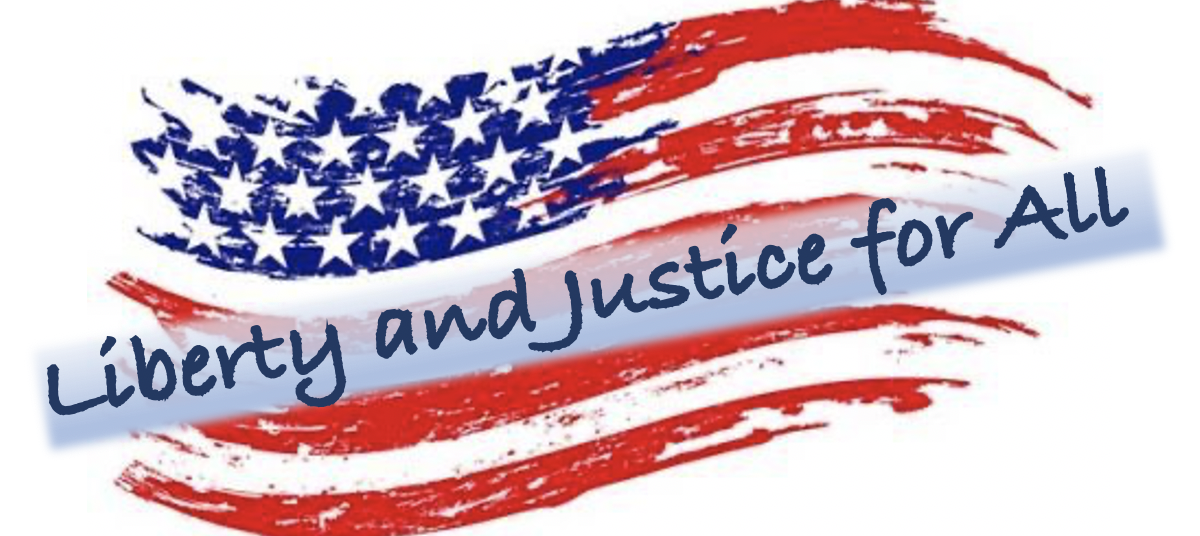Republicans, Democrats can find common ground over concern for reason and truth.
Feb. 21, 2021 is the 100th birthday of the American political philosopher John Rawls. He was a famous proponent of liberalism. He imagined a tolerant secular society in which reason produced consensus.
Rawls died in 2002. Liberalism was a common ideal in the United States in the 20th century. Things have unraveled since then into fundamental disagreements about truth, justice and the American way.

Liberty matters in Rawls’ vision. But society also ought to concern itself with the well-being of the underprivileged. Liberalism allows people to pursue their own interests, while also setting up a safety net. This system encourages people to develop their dreams. But it also takes care of what Rawls calls “the least advantaged.”
Rawls gives us a useful tool called “the veil of ignorance.” You ought to pretend, Rawls suggests, that you do not know who you are. You should disregard your race, gender, and net worth. What kind of social system would you imagine was fair, if you didn’t know whether you were rich or poor, white or black, male or female?
This thought experiment encourages us to ignore biased self-interest. This should lead us to see the injustice of sexist, racist and elitist systems. Reasonable and unbiased people should want a system that helps those with special needs and hard luck, because that could be you (or someone you love).
This ends up looking something like the economic and political structure we have in the United States. Entrepreneurs are free to get rich here. But they pay taxes that help the needy. There are details to be debated, including how much the rich should be taxed and how much social support is needed by the poor. Those details are to be sorted out by balancing liberty with concern for the least advantaged.
We can use Rawls’ method to think about a variety of issues. Imagine if you did not know if you were old or young, rich or poor, sick or healthy. You might then agree that those who are most likely to die from COVID-19 (old people and people with medical conditions) should get the vaccine first. Or imagine that you don’t know for the moment whether you are safely housed or not. You might then agree that everyone should have access to shelter, toilets and the security of walls and doors.
And so on.
The liberal idea has been criticized. Libertarians think liberty trumps other values. Socialists want more equality than Rawls provides. Feminists claim Rawls ignores the historical oppression of women. Critics focused on race say he ignores the history of slavery and segregation. And Christian critics claim that secular justice is empty in comparison with the command to love God and your neighbor as yourself.
But liberalism imagines a big tent. Rawls defended a vision of toleration that would allow diverse people to find common ground despite their differences. He called this “overlapping consensus.” That place of reasonable consensus would be where we would debate the historical details and balance equality with liberty.
Overlapping consensus depends upon the basic good will, fairness, and reasonableness of people. Diverse religious people should be able to find consensus because of their basic sense of fairness. Republicans and Democrats should be able to find common ground because they share a common concern for reason and the truth.
As polarization and distrust grow, this idea seems untenable. Conspiracy theories, fake news, identity politics, and growing authoritarianism all serve to undermine the dream of a tolerant, reasonable consensus.
The risk of devolution stems from growing irrationality. Rawls explained in a comment on Hobbes that “so far as people are rational, they will want to avoid having things collapse back into a state of nature.” The state of nature, on this account, is a state of war. Rawls did not mean this as a prophecy. But the risk is there. If people are not rational, we won’t be able to find common ground and society risks collapse.
As we continue to struggle with polarization, we would do well to revisit the liberal idea of a just and tolerant secular society. Rawls gives us reason to hope that we might ignore our differences long enough to find common ground.


